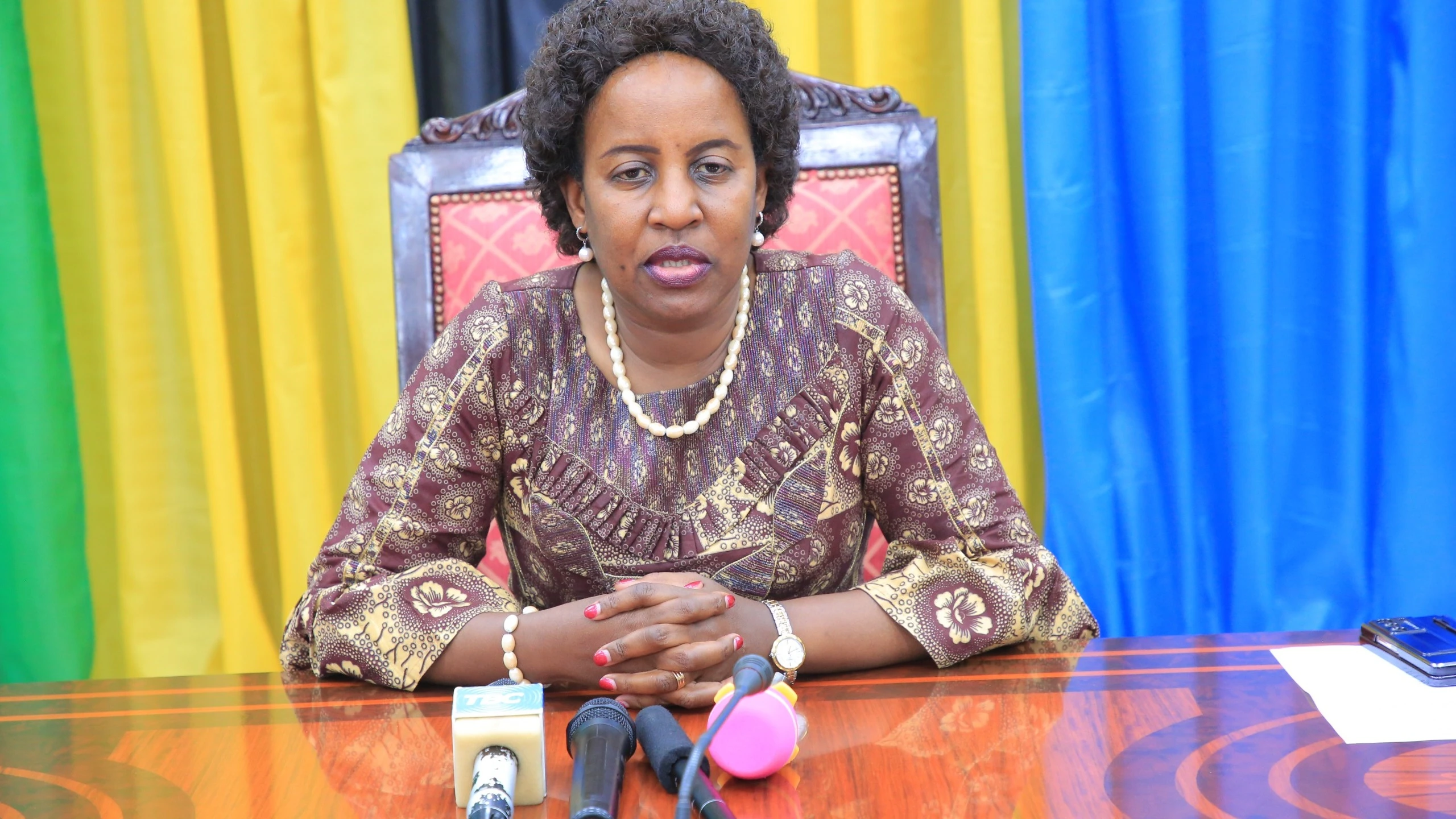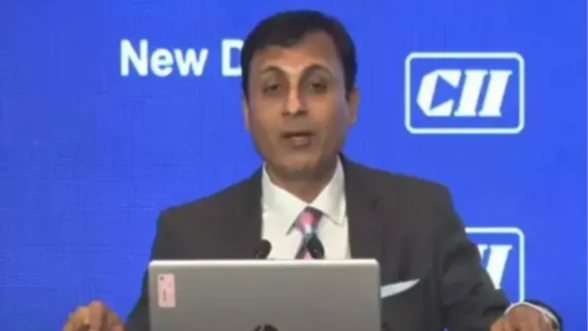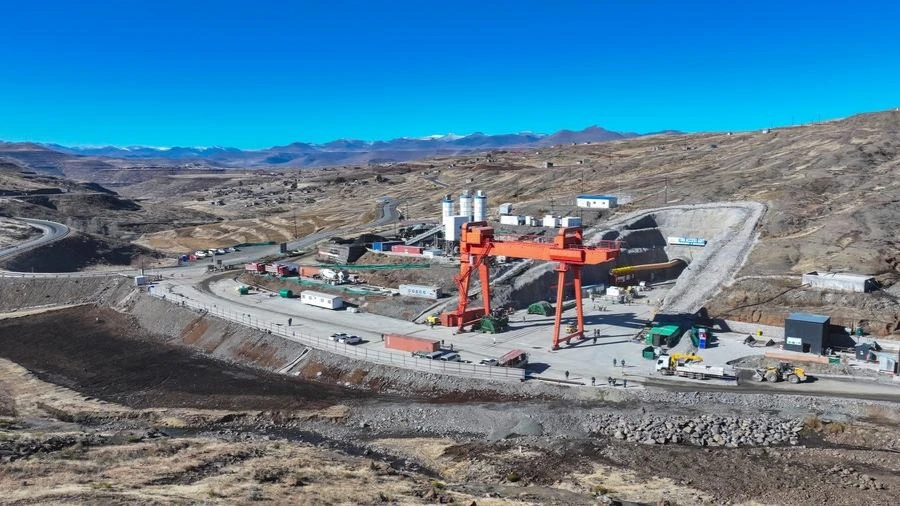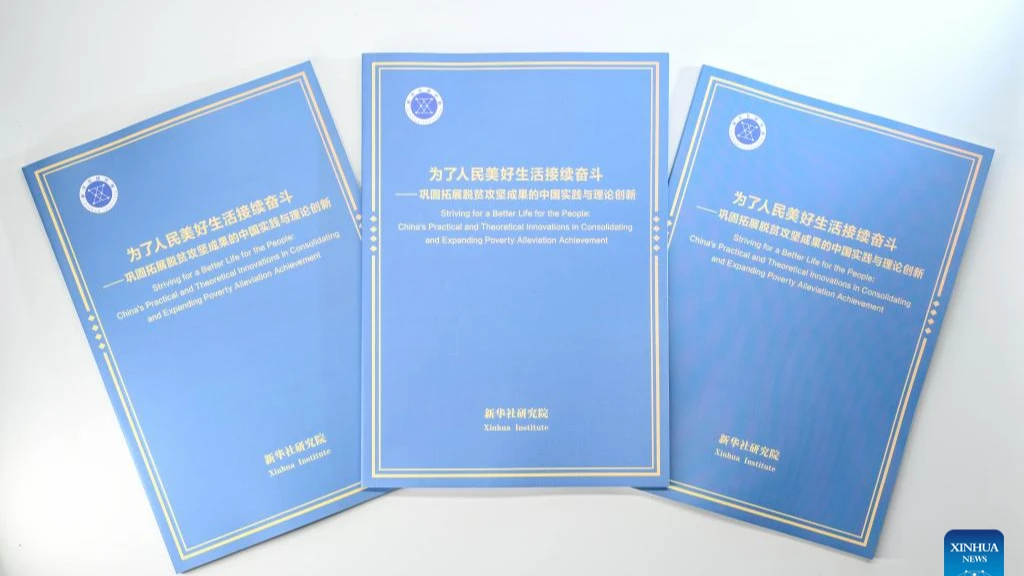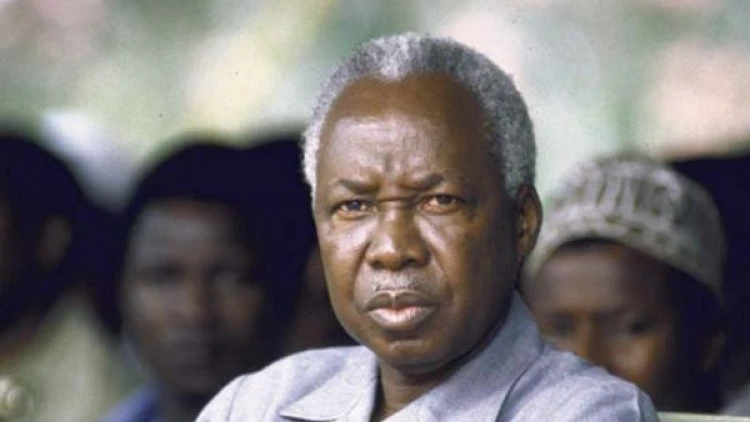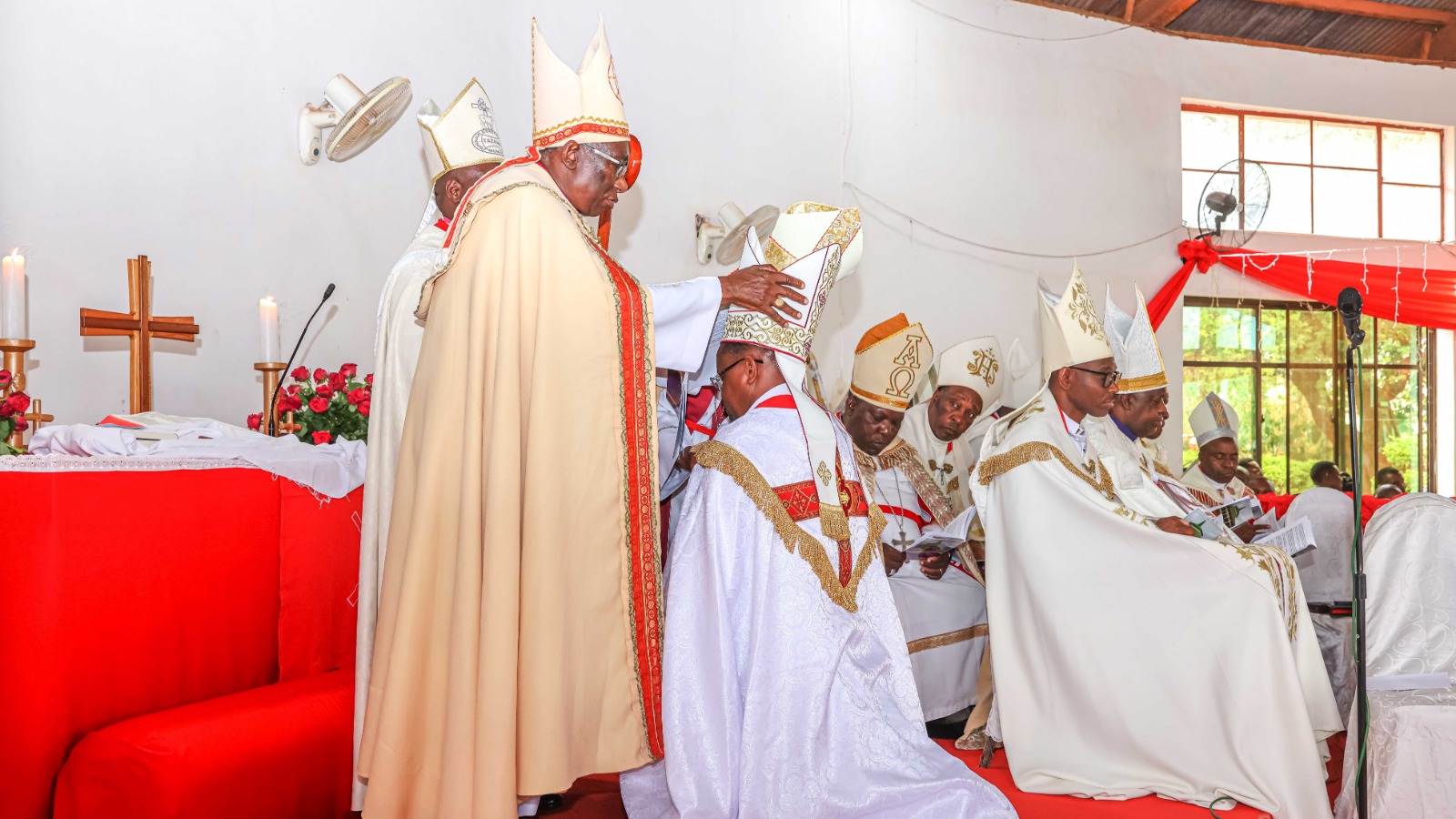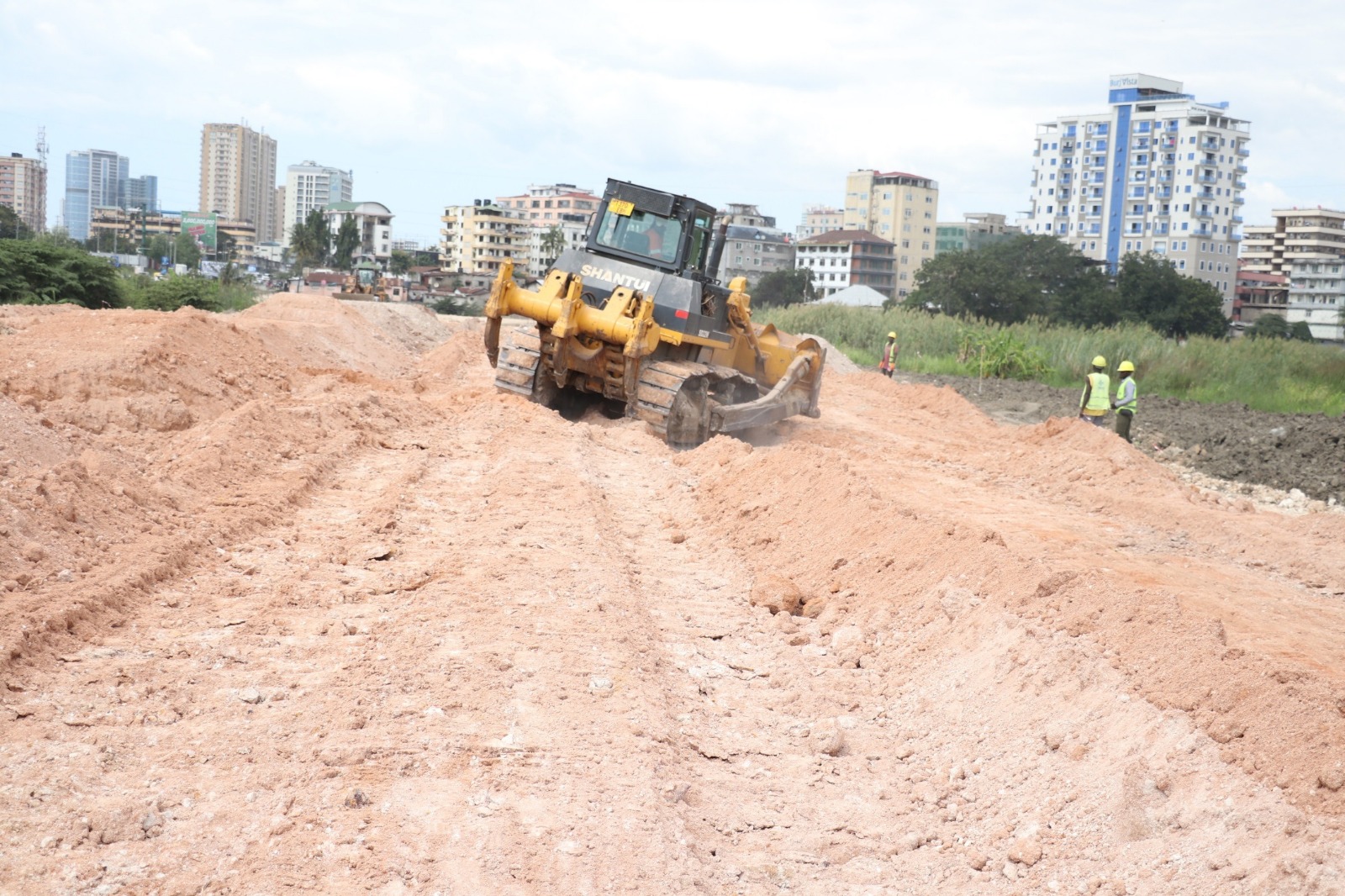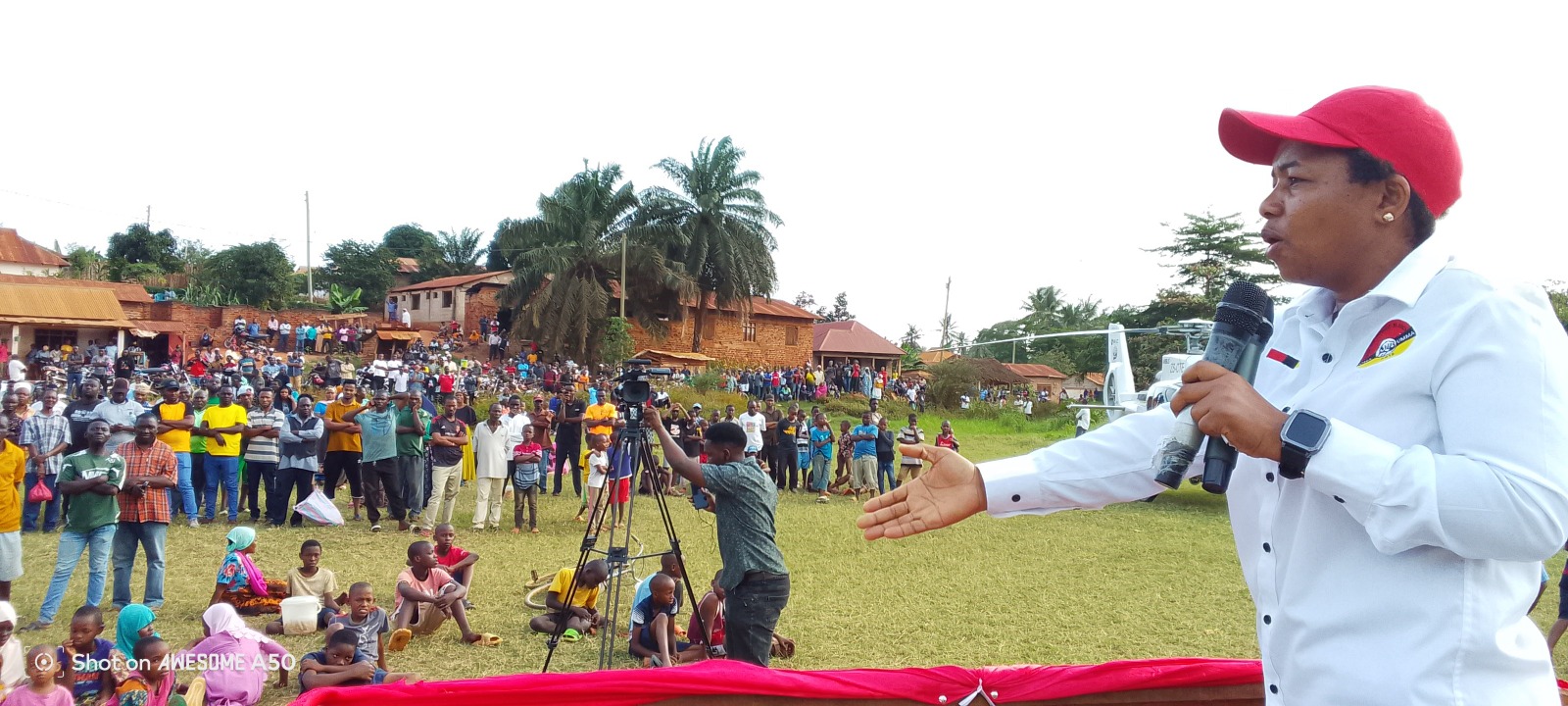Govt to track Uhuru Torch projects for long-term impact, launches 10bn/- worth of new initiatives

IN a bold move to ensure accountability and sustainability in public service delivery, Babati District Commissioner, Emmanuela Kaganda, has announced that all development projects inaugurated through the national Uhuru Torch race will now be systematically tracked by the government to assess their long-term impact and ensure they benefit citizens as intended.
Speaking to journalists ahead of the Torch’s arrival in Babati, DC Kaganda said the government has already put in place a follow-up mechanism to monitor progress and performance of previously launched projects.
“Each Uhuru Torch bearer receives a briefing on the projects launched the previous year so they can assess their status. This ensures that the torch is not just a ceremonial event, but a tool to drive real, lasting development,” she said.
According to Kaganda, all Uhuru Torch projects are entered into a central database, enabling authorities to track their implementation and hold responsible actors accountable. She emphasised that failing to follow through on these projects would be a betrayal of the leadership and vision of President Samia Suluhu Hassan, under whose administration the projects were initiated.
“Neglecting these projects is like disregarding the honour and commitment shown by President Samia in spearheading community development,” she stressed.
This year, the Uhuru Torch was expected to be received in Babati District on July 13 and to officiate the launch of 16 new development projects with a combined value of 10bn/-. The projects—eight under Babati Town Council and eight under the District Council—cover critical sectors such as health, education, road infrastructure, water supply, and good governance.
Kaganda called on the media to play an active role in informing the public about these developments and to also intensify reporting on gender-based violence, particularly cases affecting women and children in the district.
“The media has done a great job highlighting gender-based violence, but we need to go further. We must use our platforms to educate and empower the public to prevent such incidents from happening,” she said.
She also urged journalists to support civic education efforts ahead of the general election by sensitising communities on their voting rights and the importance of participation in democratic processes.
The government’s renewed commitment to monitoring Uhuru Torch projects signals a shift toward results-oriented development planning, where public investments are followed through and their impacts measured—ultimately ensuring citizens receive the services they deserve.
Top Headlines
© 2025 IPPMEDIA.COM. ALL RIGHTS RESERVED









